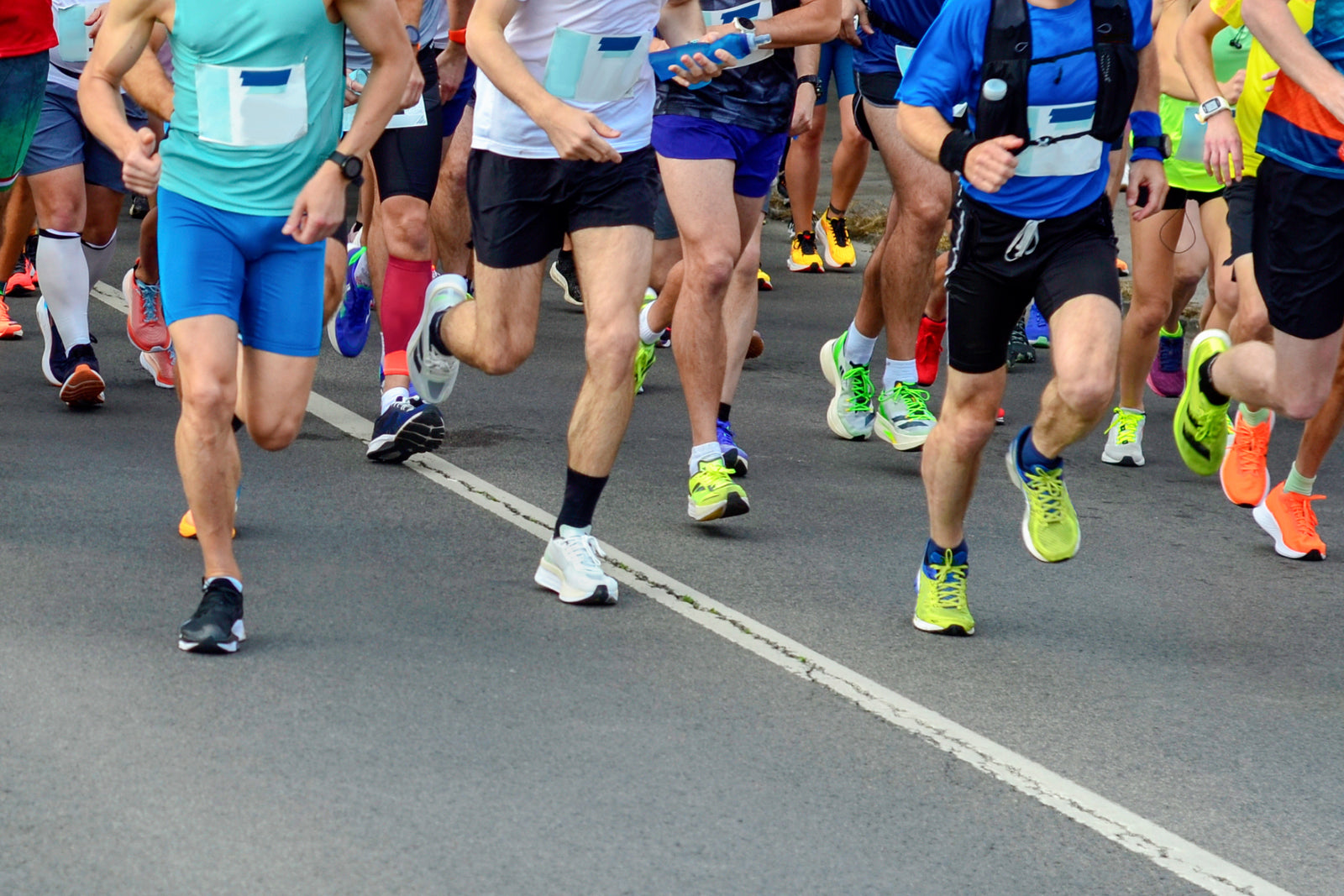NOS3 and Power Sports: How Your Genes Can Influence Strength, Speed, and Recovery
Power sports such as sprinting, jumping, and weightlifting depend on fast, intense bursts of effort. One factor that supports that effort is the blood flow to active muscles. The NOS3 gene helps produce nitric oxide, a small molecule that relaxes blood vessels and improves circulation. Differences in the NOS3 gene can lead to variation in nitric oxide production, which may affect oxygen delivery, nutrient transport, and recovery during high-intensity exercise.
How Nitric Oxide Affects Power Performance
- Vasodilation: Nitric oxide widens blood vessels to increase blood flow to working muscles.
- Oxygen and nutrient delivery: Better circulation supports energy production and removes metabolic byproducts.
- Recovery: Improved perfusion helps clear lactate and delivers substrates needed for repair.
- Performance variability: Small differences in NOS3 may slightly change how efficiently your muscles are supplied during short, maximal efforts.
Simple Steps to Support Nitric Oxide and Power Performance
Regardless of genotype, lifestyle and nutrition have a large influence on nitric oxide availability and exercise results. Consider these practical steps:
- Diet: Emphasize nitrate-rich vegetables like beetroot, spinach, arugula, and lettuce. Eat antioxidant-rich fruits and vegetables to protect nitric oxide from oxidative breakdown.
- Hydration: Maintain consistent hydration before, during, and after training. Even mild dehydration can reduce blood flow and performance.
- Protein and carbs: Provide adequate protein for muscle repair and carbohydrates for high-intensity energy. Time carbs around training for best performance.
- Supplements: Beetroot juice or powders, L-arginine, and L-citrulline are commonly used to support nitric oxide pathways. Start with recommended doses from product labels and consult your healthcare provider.
- Training: Include specific power and strength sessions with adequate recovery. Short, high-intensity intervals and explosive lifts build power while recovery modalities support vascular health.
- Sleep and stress: Prioritize quality sleep and stress management. Poor sleep and chronic stress can impair vascular function and recovery.
Additional Considerations and Tests
- Blood pressure: Regular monitoring helps assess vascular health. If you have elevated blood pressure, discuss this with your provider before using vasodilatory supplements.
- Nutrient status: Consider testing vitamin C, vitamin D, and magnesium if symptoms suggest deficiency. These nutrients can influence vascular and muscle function.
- Performance tracking: Log training, perceived exertion, and recovery markers to see how diet or supplements affect results over time.
Genetic Interpretation for rs2070744 (NOS3)
2 effect alleles (CC)
If your genotype is CC, you carry two copies of the effect allele. This arrangement may be associated with reduced nitric oxide production compared to other genotypes. Reduced nitric oxide can mean less vasodilation during high-intensity efforts, potentially lowering oxygen and nutrient delivery to muscles during sprints or maximal lifts. This may modestly affect peak power output and short-term recovery.
Practical steps if you have CC:
- Eat nitrate-rich vegetables regularly, especially around training sessions. Try 1 serving of beetroot juice 2 to 3 hours before intense workouts to support blood flow.
- Consider supplements such as L-citrulline or L-arginine at commonly used doses to support nitric oxide pathways. Start with low doses to assess tolerance.
- Focus on antioxidant intake from fruits and vegetables to protect nitric oxide from oxidative damage.
- Prioritize warm-ups that increase local blood flow, such as dynamic mobility and light sets before maximal lifts or sprints.
- Ensure adequate hydration and salt intake around training to support plasma volume and perfusion.
1 effect allele (TC)
If your genotype is TC, you carry one copy of the effect allele. This genotype may be linked to moderate differences in nitric oxide production. Your body still produces nitric oxide, but efficiency may be somewhat altered compared to people without the effect allele. Changes tend to be subtle but could influence performance marginally during repeated maximal efforts or quick recovery between bouts.
Practical steps if you have TC:
- Include nitrate-rich foods routinely, especially on training days. A small serving of beetroot or leafy greens before sessions may help.
- Support nitric oxide pathways with L-citrulline or L-arginine if you want to experiment with supplements. Monitor how you feel and your performance.
- Optimize training structure and recovery. Short, focused power sessions with planned rest can compensate for modest vascular limitations.
- Maintain good sleep, hydration, and antioxidant intake to protect vascular function and recovery capacity.
0 effect alleles (TT)
If your genotype is TT, you carry two copies of the non-effect allele and are associated with typical nitric oxide production. Your vascular response during intense exercise is expected to be standard, supporting normal oxygen delivery and nutrient transport for power activities.
Practical steps if you have TT:
- Continue a balanced diet with nitrate-rich vegetables and antioxidants to maintain vascular health.
- Hydrate well and prioritize sleep and recovery to support performance and adaptation.
- Consider beetroot supplementation or L-citrulline around competition or hard sessions for an extra boost, especially if you are aiming for marginal gains.
- Use progressive strength and power training plans with adequate recovery for consistent improvement.
Safety and When to Talk to Your Healthcare Provider
- Supplements that influence nitric oxide can lower blood pressure. If you are on blood pressure medication or have cardiovascular conditions, consult your healthcare provider before starting supplements like beetroot juice, L-arginine, or L-citrulline.
- If you experience unusual symptoms such as dizziness, fainting, or chest pain during exercise or after taking supplements, stop the supplement and seek medical care.
Final Notes
PlexusDx provides education about genetic predispositions and how they may relate to performance and wellness. This information is not medical advice. Always consult your healthcare provider or a qualified professional before making changes to your diet, supplements, or training plan based on genetic information. Use genetic results as one piece of a larger plan that includes training history, current health, and personal goals.

Share:
Power and Strength | ACVR1B (rs2854464)
Power and Strength | ACVR1B (rs2854464)